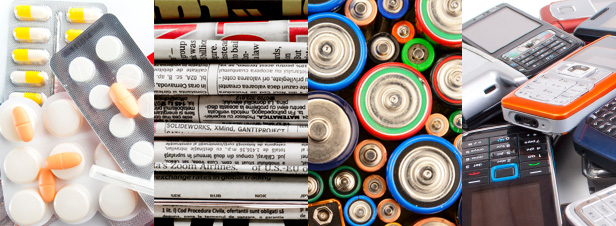EPR Scheme: towards a reform of governance in France?

Around thirty EPR schemes under pressure
With the rise of extended producer responsibility (EPR) schemes, more than 30 today in France — the EPR system is becoming a pillar of environmental policy. But this rise in power has been accompanied by a complexity that worries those on the ground: local authorities, Producer Representative Organisations, and of course those placing products on the market.
The Senate report of June 13, 2025, presented by Senators Rémy Pointereau and Nicole Bonnefoy, is clear: the current governance is running out of steam. It is struggling to guarantee operational efficiency, financial transparency and fairness between stakeholders.
Three major criticisms of the current operation
- A vague role for the State: ADEME is too often in the position of executor, without real strategic control over Producer Representative Organisations.
- Producer Representative Organisations as judge and jury: Their governance is sometimes too focused on the interests of those placing products on the market, with little room for local authorities or citizens.
- A lack of clarity for those placing products on the market: The rules are changing rapidly, the fee scales lack predictability, and the obligations are increasing without sufficient support.
Towards a renewed and more balanced governance
The report proposes several levers to restore coherence to the EPR system:
- Strengthen the strategic role of ADEME, to make it a true leader of the Schemes;
- Create a regulatory body dedicated to EPR, independent of Producer Representative Organisations;
- Involve local authorities and civil society more closely in governance;
- Clarify the role and expected commitments of Producer Representative Organisations, particularly with regard to environmental performance and local investment.
These proposals aim to build a more readable, equitable and transparent EPR model, serving the circular transition.
What this changes for those placing products on the market
For companies subject to EPR, these upcoming changes require, from now on:
- Active monitoring of upcoming reforms, in particular adjustments to the specifications;
- Better control of product data and volumes placed on the market;
- An ability to justify declarations and adapt quickly to new fee, logistical or declarative requirements.
In short: in a system undergoing reorganization, the most structured players will be the ones who remain in control.
CompliancR: manage your EPR declarations in a changing environment
At CompliancR, we are already anticipating these transformations. Our platform enables producers and distributors to:
- Centralize their product data for all EPR Schemes (packaging, EEE, TLC, PMCB, etc.);
- Automatically manage their declarations, regardless of the Producer Representative Organisations involved;
- Monitor regulatory changes in real time, with contextualized alerts;
- Justify their compliance at any time, in the event of an audit or dispute.
As the EPR framework evolves towards greater rigor and transparency, CompliancR provides you with the clarity and regulatory agility you need.
Prepare today for the next generation of EPR Schemes.